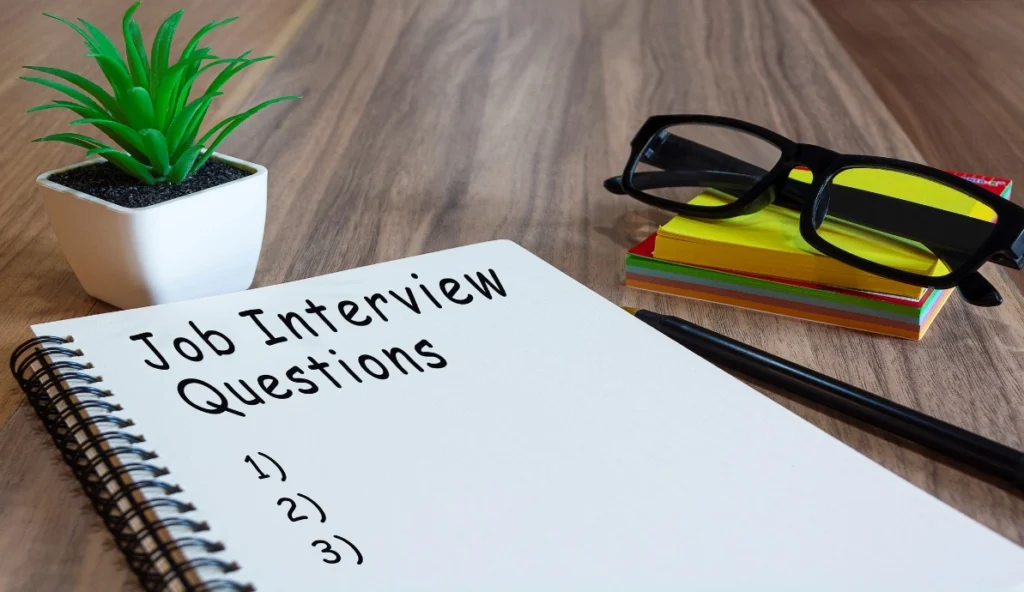
You’re sitting across from the interviewer, the conversation seems to be going smoothly, and then suddenly – BOOM – they drop the tough question. You feel your heart skip a beat, maybe even break a sweat. It’s that moment when you think, “Why did they ask that?!”
Now, let me tell you something about answering tough questions – it’s not about having the perfect answer. It’s about having a confident answer. And confidence? It doesn’t come from memorizing scripts or rehearsing your lines like an actor. It comes from being prepared and owning your story.
Let’s start with one of the classics:
What’s your biggest weakness?
It’s the question that always makes you pause because no one likes to admit their flaws, especially when you’re trying to impress someone. But guess what? The key is honesty with a twist. Talk about a real weakness but frame it in a way that shows growth. For example, “You know, I’ve always been a perfectionist, and while that’s helped me deliver high-quality work, it’s something I’m learning to balance with efficiency. I’ve started setting clearer priorities to make sure deadlines aren’t impacted by my attention to detail.” See? You’re showing vulnerability but also showing you’re proactive about self-improvement.
Then there’s the dreaded:
Tell me about a time you failed.
This one hit hard, doesn’t it? But don’t dodge it. In fact, lean into it. Failure isn’t the end of the story, it’s part of your learning curve. Own it! Talk about a time you failed but focus on what you learned and how you bounced back. “I missed a major deadline early in my career because I didn’t delegate well, but that experience taught me the importance of teamwork and time management. Since then, I’ve worked to be more collaborative and realistic with project timelines.” The interviewer isn’t looking for perfection; they’re looking for resilience.
Now, here’s a fun one:
Where do you see yourself in 5 years?
You might not even know what you’re having for dinner tonight, let alone where you’ll be in five years! But this isn’t about predicting the future, it’s about showing you have ambition and vision. Frame your answer around growth: “In five years, I see myself continuing to develop my skills in [mention your specific area] and taking on more leadership responsibilities. I’m excited to contribute to a team where I can grow both personally and professionally.” It’s not about having a crystal-clear path, it’s about showing drive and openness to evolve.
But what if they ask you something totally unexpected, like:
How would you handle a difficult boss?
This one’s tricky because it speaks to your interpersonal skills. Stay calm, stay professional, and stay positive. Emphasize communication: “I believe in addressing issues head-on but respectfully. If there’s a challenge with my manager, I would first try to understand their perspective and find common ground. I believe open communication can resolve most conflicts, and if needed, I’d be open to having a direct conversation to find a solution.”
When you walk into that room, don’t panic. The more you own your experiences – the highs and the lows, the more confidently you’ll handle anything they throw at you.
